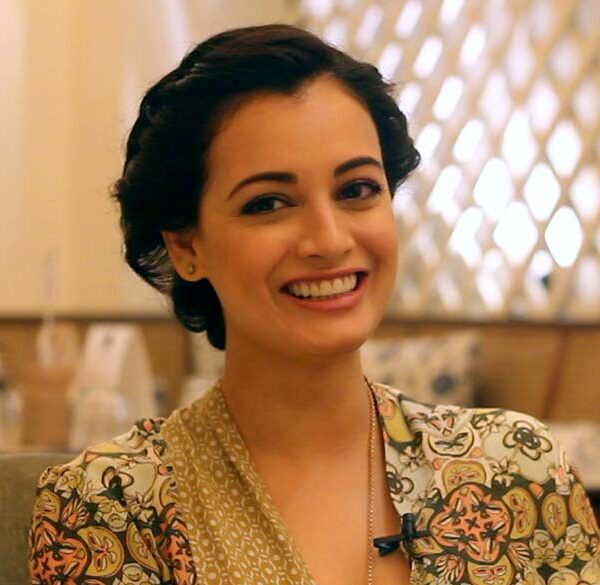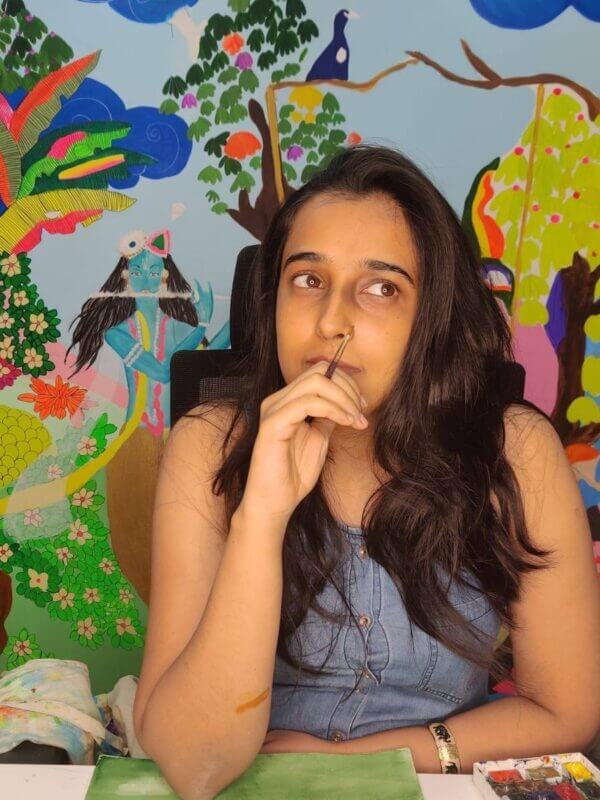For years, Kota Neelima has been trying to frame a new narrative in the Indian political scene which is honest, gripping and untold. She has written several books in the past like ‘The Riverstones’, ‘Death of a Moneylender’ and ‘The Shoes of the Dead.’
With 16 years of experience as a journalist, she brings out the reality in her books through her everyday characters that have a lot of mettle, zeal and fervor.
As a person, Kota is constantly trying to re-invent her outlook towards life. Every day she does something unique and different so that her longevity does not emulate a particular routine, trying to break-free from the paradigm of monotony. She is a great mentor and has shaped several people, teaching them how to ingrain an intellectual acumen in their pursuits. A go-getter and a perfectionist, Kota is definitely an impression for the young intellectual minds who can gain the depth of their own life’s understanding by merely conversing with her.
Her recent book ‘The Honest Season’ talks about the inner politics behind the closed doors of Parliament and how the common man is unable to understand the discourse behind it.
Your main protagonist in your recent book ‘The Honest Season’ is a single woman, staying alone, facing all odds in her own way. Do you believe India is ready for such women?
Women have always been independent, much more than men. Traditionally, women have lived without their parents, stayed away from their brothers and sisters, took care of in-laws as their own, managed households and brought up children. Perhaps, that is the reason why most social rules are about making women dependent on people or circumstances. Women, more than men, know how to fight the odds and win because the odds are always stacked against them. Women, more than men, know what exactly independence means because they are forced to be dependent. Strong, independent women are not a new feature in India, they are you and I. And that is what my book is about.
How does writing fulfill your creative acumen and how does it add to your growth?
Communication as an external dialogue with the audience or readers is a crucial part of the development of the author. But communication is also an internal conversation with oneself, in which the fundamental questions like the reasons for writing and the intent behind the exercise are explored. While writing may fix the scope of the debate with the readers, the internal dialogue of the author continues much after the writing is done and begins much before the writing is commenced. For a writer, the unwritten and unfulfilled is much more than the written and the fulfilled. And that is how it should be.
Why do you think your narrative is different from other authors?
It is for the readers to answer this question. As a journalist, I bring my experience and training to my narrative, which makes it realistic and factually authentic. As a city-dweller, I write with a sense of alienation and ‘urban distance’ at which we live from our true selves. As a woman, I observe with greater depth and clarity, and sensitivity for the unsaid.
How was your experience being a woman journalist? Did you face any problems?
On the contrary, being a woman provided me with vantage points that were not easy for the men to see. The point of view of the marginalized, the underprivileged and those on the fringe of decision-making in our society are better known by women than men. This is not to say that men do not understand them, but merely that dispossession is something women know by experience and not just through acquiring knowledge.
Why do you often adhere to a male’s narrative while writing?
I seek the narrative to be an unsegregated view of the person in the society, rather than that of a man or a woman. Having read literature produced about women written from the male point of view, I know the inadequacy of addressing any issue from only one vantage point. The way to balance the historical male narrative is not by countering it with the opposite, but by introducing a neutral narrative that does not repeated the lop-sidedness of past.
What do you think are the hindrances faced by the independent women of today?
I do not see any hindrances. I only see challenges and I believe these cannot stop the women of today. The discourse about women has long stayed rooted in the inadequacies of the past. It is time to move forward with the advantage of awareness and make a difference to societies and countries.
What is your advice to budding authors?
Live in the universe within, where there are no strangers, write in the world without and bring them to life.
Thank you Kota for sharing your valuable views with us.












